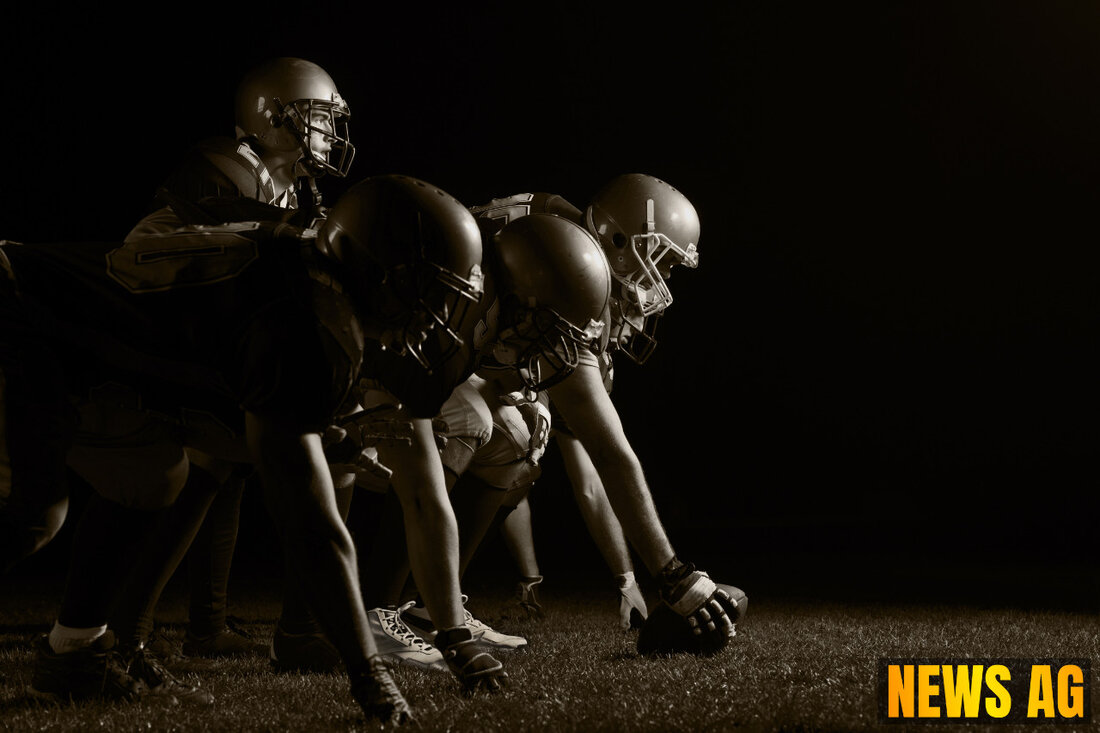FSU's Bold Move: New NIL Collective Aims to Revolutionize Athletics!
Florida State Athletics partners with The Battle's End for NIL, integrating collectives to enhance student-athlete success.

FSU's Bold Move: New NIL Collective Aims to Revolutionize Athletics!
In a significant move for Florida State University’s (FSU) athletics, the institution has officially named The Battle’s End Collective as its primary NIL (Name, Image, Likeness) collective. This development comes as the Rising Spear Collective is being dissolved and integrated into The Battle’s End. Michael Alford, FSU’s Vice President and Director of Athletics, expressed that this consolidation is designed to position teams and student-athletes for success in the competitive landscape of college sports. The Battle’s End will undertake a strategic rebranding to enhance its operations, aligning closely with FSU’s institutional goals and NIL regulations. Additionally, this collective plans to forge strong marketing partnerships with regional businesses, involving FSU student-athletes in innovative ways. Alford emphasized the importance of ongoing donations to The Battle’s End to keep Florida State competitive in the ever-evolving NIL space (FSU Wire).
As the landscape of college athletics transforms, the recent consolidation reflects broader shifts occurring throughout the NCAA. The landscape has been shaken by a myriad of legal challenges and changing regulations, particularly surrounding NIL. For instance, recent events include a considerable settlement wherein the NCAA resolved an antitrust lawsuit with several states. If approved by federal court, this settlement could allow prospective college athletes to negotiate directly with schools—a move that has sparked discussions about the future of college sports (FSU News). In addition, FSU’s own journey has encountered bumps, with a lawsuit involving former men’s basketball players claiming they were promised $250,000 each in NIL compensation. This legal dispute has prompted discussions about fairness and trust in sports.
A Legal Tangle
This lawsuit isn’t FSU’s only run-in with the NCAA. The football program recently faced penalties for improper NIL-related recruiting conversations, which led to reduced scholarships and recruiting limits. The fallout from these incidents has stirred concerns about the integrity of sport and the overall student-athlete experience. Students at FSU are increasingly aware of the moral and ethical implications tied to NIL, with many expressing anxiety over how these shifts could impact team dynamics and reduce fan engagement in the collegiate setting. The complex nature of NIL has certainly put the FSU athletics program at a crossroads (Morgan Lewis).
Moreover, the ongoing House v. NCAA settlement could have lasting repercussions for collegiate athletics, raising crucial questions about the classification of student-athletes as employees. This issue is compounded by Title IX obligations, as female student-athletes continue to advocate for equitable treatment amid the broader financial conversations surrounding NIL rights. As FSU navigates this intricate landscape, all eyes are on how institutions respond to the call for compliance with equitable revenue distribution and the implications of sports becoming more akin to professional leagues.
Florida State University, like many others, is at a pivotal moment. The confluence of new NIL regulations, ongoing legal issues, and shifting athlete expectations presents both challenges and opportunities. What does the future hold for FSU and its student-athletes in this evolving framework? One thing is for sure: there’s likely to be plenty of action on the field and in the courts as everyone works to find a balance in this new collegiate sports era.

 Suche
Suche
 Mein Konto
Mein Konto